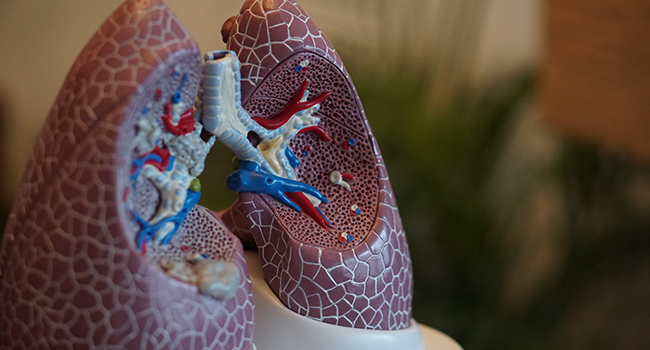
Pulmonary arterial hypertension (PAH) is a rare and severe condition characterized by high blood pressure in the lungs' arteries. PAH occurs when the small arteries in the lungs become narrowed, stiff, or blocked, making it difficult for blood to flow through them. This leads to increased pressure in the pulmonary arteries, which strains the heart and may result in heart failure.
PAH is a chronic and progressive condition that requires careful management by a specialized healthcare team. Symptoms of PAH can include shortness of breath, fatigue, chest pain, dizziness, swelling in the ankles or legs, and fainting. Treatment options for PAH include medications to dilate blood vessels, reduce inflammation, and lower blood pressure in the lungs, as well as lifestyle changes such as exercise, oxygen therapy, and avoiding triggers that worsen symptoms.
Clinical Trial
In a trial, researchers investigated the safety and efficacy of sotatercept, a potential treatment for PAH, in an open-label extension of a phase 2 clinical trial called PULSAR. The trial followed participants who received sotatercept for up to 24 months and evaluated its effects on PAH symptoms and overall health.The PULSAR study initially enrolled 106 participants with PAH who were randomly assigned to receive either sotatercept or placebo in addition to their standard PAH therapy. After the initial 24-week study period, participants who had received a placebo were re-randomized to receive either sotatercept at different doses (0.3 or 0.7 mg·kg-1) or continue with placebo (placebo-crossed group), while those who had received sotatercept continued with their original dose (continued-sotatercept group). The safety and efficacy of sotatercept were evaluated in all participants who received at least one drug dose during the extension period.
